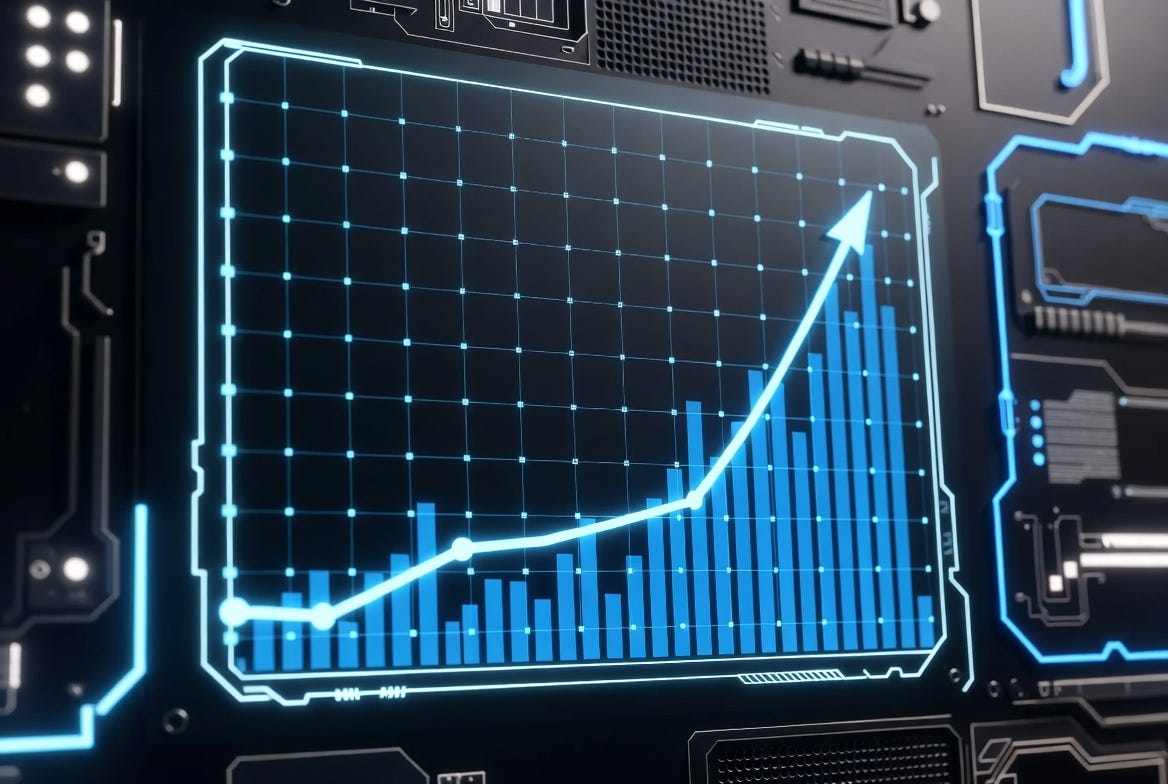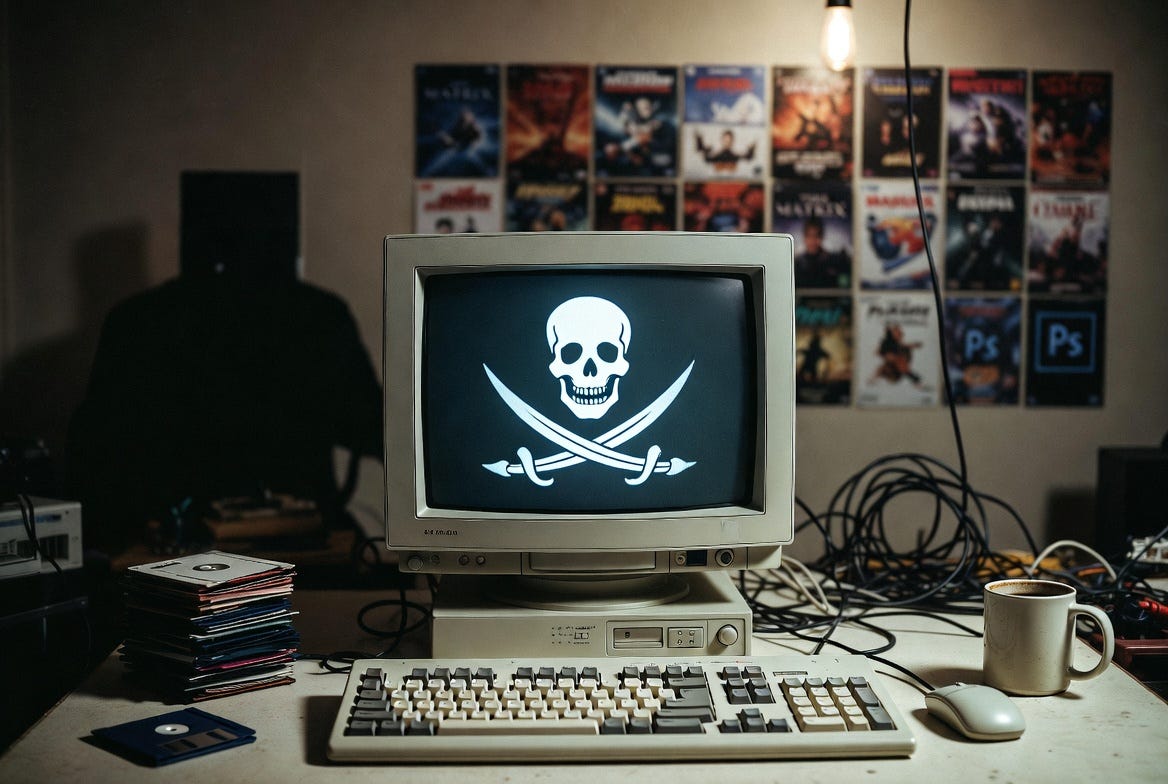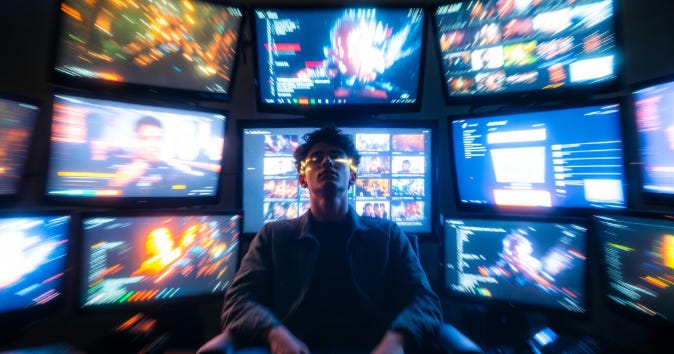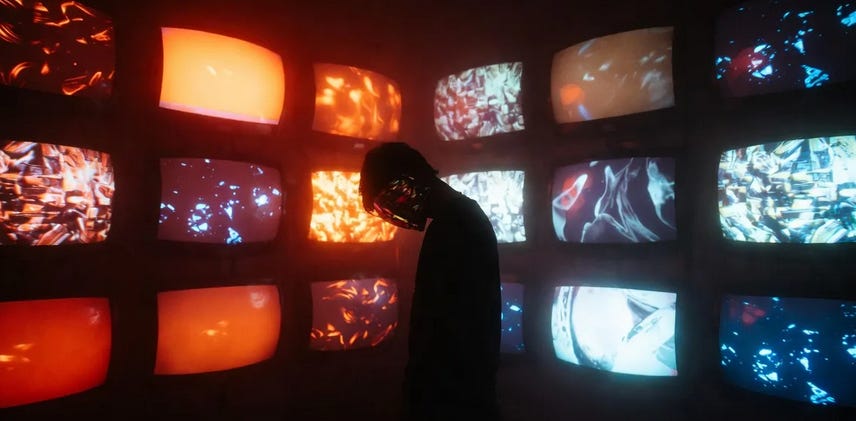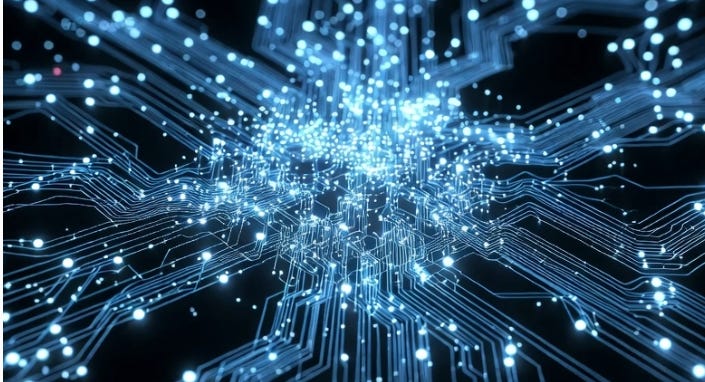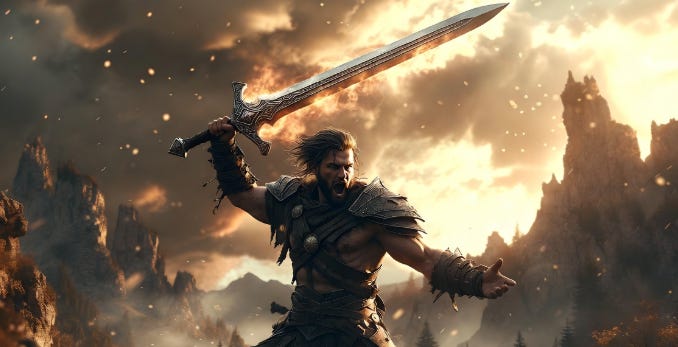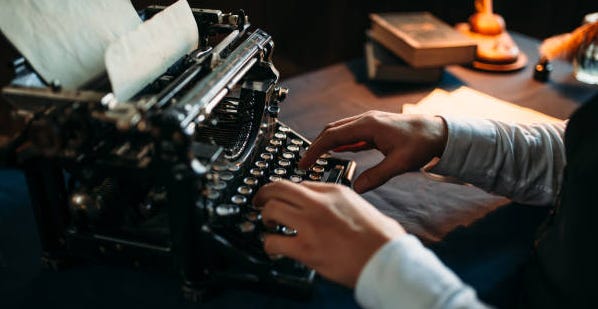Can you truly prove that you’re human? If you’re an avowed creative in 2025, this question is now a legitimate concern as artificial intelligence’s imitative capabilities are challenging human dominance. Art is an almost divine form of human expression, but this endeavor has begun to be outsourced to automated systems beyond our control and understanding. The world is rapidly changing, and artists now stand at the crossroads of an existential crisis.
Accessibility and Scarcity
For millennia, it was the limited stock of artists, authors and creatives that quantified their value to society. A lack of technology also limited the ability to disseminate art throughout the world, increasing local value. It’s likely that the majority of the most talented artistic people throughout history died never having been recognized outside of the limited reach of their localities.
In the 1990s to early 2000s, peer-to-peer systems like Kazaa and Limewire unlocked illegal access to commercial art. iTunes and the digital PC gaming platform Steam countered this by giving general audiences an accessible and convenient means of legally acquiring digital music and video games.
But despite the ability to market to global audiences through a variety of platforms with staggering levels of reach, not to mention mass smartphone adoption, people aren’t willing to actually pay for art as they did in past decades. Ask a musician in 2025 how profitable it is to be in the music industry and you’ll likely receive a depressed glare.
To add insult to injury, Universal Music Group has recently partnered with AI music generator Udio, allowing the platform to sample all of UMG’s vast stores of human creative expression to train Udio’s models. People can now generate libraries of music that accommodate their own sensibilities with no reliance on artists to create music for them. The democratization of content creation is painting the curve of the future.
AI: The Great Equalizer—or Eraser?
With tools like Grok or ChatGPT, samples of millions of hours of textual, audio and video data along with billions of still images provide anyone the opportunity to craft almost anything from mere text or verbal prompts. Human-made art is being drowned out by the inundation of generated materials. Publishing titans like Amazon are feeling the brunt of this as the book pool is awash in haphazard AI-generated “novels”.
Netflix’s “second-screen friendly” content is intentionally positioned as attention-optional now. Their robust analytics data quantified the desires of the audience, so the storytelling methods have changed, reducing shows and movies to ambient background noise for primary smartphone engagement; scripts are written as radio shows for the perpetually distracted. What we have now is big-budget vending machine entertainment that is vapid, careless and indifferent to true artistic expression. This level of cultural dilution has paved the way for low-impact, AI-generated content.
Is The Audience Always Right?
As western culture changes, our media tolerance and standards have changed, as well. From the 1970s to the early 2000s, the bar was high. However, as the Internet Age bloomed in the early 2000s, the smartphone was birthed in the early 2010s and streaming exploded post-COVID, our collective culture was diluted. The need to focus on a singular source of entertainment ebbed and has largely vanished. Modern audiences are a multi-screen society. Where families used to gather around the television or meet communally at movie theaters, we now command multiple screens at any given time.
A matrix of multi-modal stimulus has successfully seduced the masses. American audiences pay for Netflix in droves and tolerate the low quality of most of the “content” available on the menu of seemingly endless thumbnails. It’s an effortless exercise to play games on a smartphone while lying in bed or gaming on a Nintendo Switch or Steam Deck while YouTube plays on the wall-mounted 75” bedroom TV. We’re sponges of perpetual noise, and this culture of fragmented attention has primed us for AI’s simple churning of short, shallow content.
The effect is the degradation of our literacy and attention spans—American college students now struggle to read books from cover to cover—ironically reducing the dependency on human intelligence in favor of AI.
Proving You’re Human is the New Conundrum
Modernity has posited legitimate concerns surrounding the authenticity of the media we now consume. I personally use SuperGrok on a daily basis to craft images and videos—some of which you see in my posts—so the tech is already ubiquitous, but AI as a tool-set is a double-edged sword in many ways.
In a present that is bleeding into a hard future where anything can be generated, artistic credit is becoming less important. Can you name the writers or directors of a random Netflix movie? I doubt most could. In the 1980s and 1990s, the artist was the star. Spielberg, Cameron, Jackson, Prince, King, Rowling, Zemeckis and a broad menagerie of talent comprised the American artistic diaspora. Now tech itself is the star. Platforms are the star. For those ambitious human creatives who remain and don’t want to be drowned out by AI, this has to change.
Authorial authenticity is now an act of faith, becoming the most valuable commodity in all media. As people grow increasingly isolated, they yearn for para-social relationships with influencers via live-streams, long-form podcasts and social media. In the new media landscape, social media will be key to establishing an authentic rapport with potential customers. As the tech gets better, it will be even more difficult to parse real from generated. AI has blurred once solid lines, and trying to prove authenticity itself will become paramount as humanity becomes the primary asset.
Human Creativity As Divine Mandate
Everyone uses AI now, from major movie studios, game developers, record companies and even indie creators. For my novel-writing, I use Grok as a research assistant and it’s an invaluable tool. It answers seemingly innocuous research queries like ‘Did nurses exist in the Middle Ages?’—accelerating my creative flow rather than breaking it. Grok gives me access to a compendium of human knowledge that’s one text prompt away and is always willing and able to help; it empowers me to express myself.
Storytelling may be little more than an evolutionary contrivance, an emergent property of our ability to devise complex hypotheticals which previously served our ancient survival instincts. What we call “art” may just be a construct gifted to us by a kind of vestigial cognitive organ, but it doesn’t mean it isn’t vital to the human experience.
As a professional creative and humanist, I implore you to express your human agency through story as the primal gift it is. Virtual worlds devised by human minds are important, seeing as we’re the only proven conscious lifeforms of advanced intelligence in what may be an infinite void. This is a divine privilege that our physiology allows us to create something from nothing, even if they’re just intangible worlds put to print.
My Human Vow To You
In closing, I think it’s important to offer a sincere promise as an author who is on the cusp of publishing several books over the next year or two. I will say this: Every book I publish, from front to back, will be written entirely by me. This is my vow to you. Even with the existence of these new technologies, my hope is that you’ll give me the chance to prove that my books are conceived, written and published exclusively by a conscious mind: mine. In strange times, we must remember our tether to the human spark of imagination.
Human culture was molded by our ability to express ourselves, and we mustn’t let that beautiful privilege be stamped out by analogous machine voices that can only mimic us. We must enshrine ourselves as the primary tool users and not become complacent consumers of machine-made content or we lose that spark of humanity forever. Legends say that Prometheus once shared fire with the human race and now we find ourselves in the precarious position of handing that fire to something that is designed to impersonate us. We risk being burned by the consequences.
Please join me in this collective endeavor of creative expression and share your thoughts below on the new media landscape.
SARJ OUT




